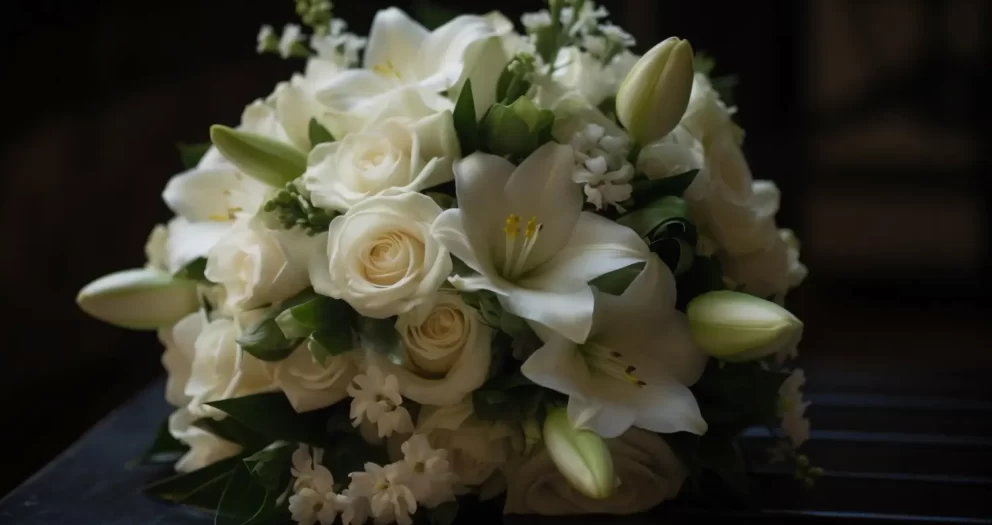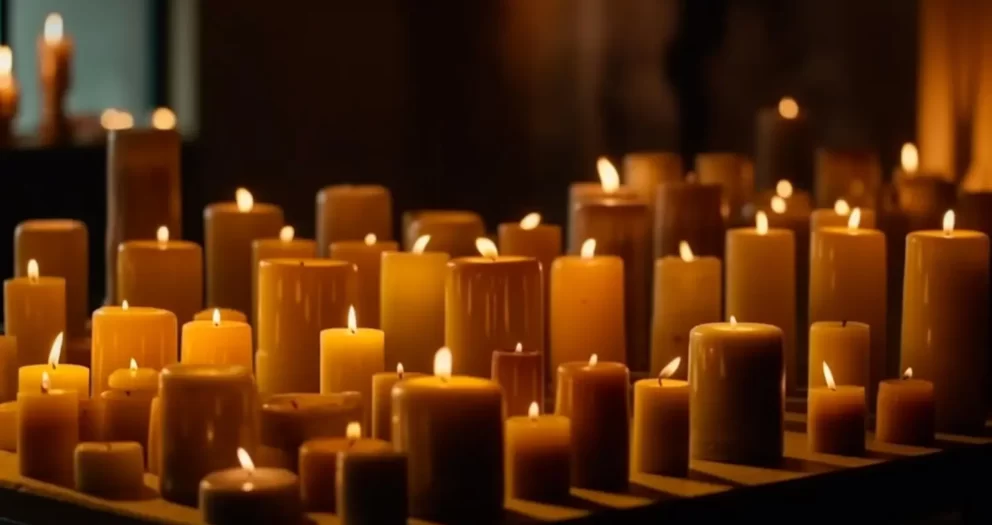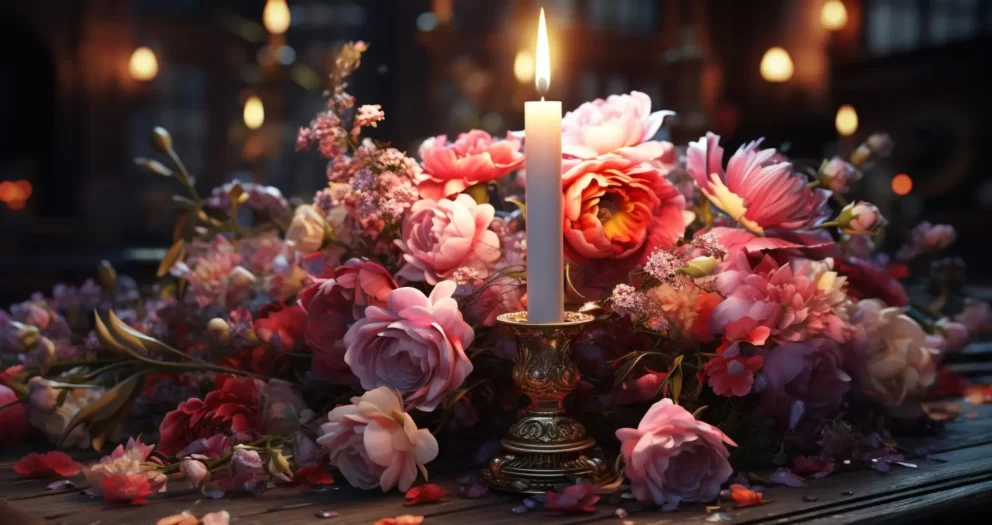Glass
Glass urns are a testament to the blend of artistry and elegance. The material’s translucence offers a unique depth, allowing light to interact in captivating ways. Hand-blown variations promise an individual touch, as patterns, colors, and swirls differ with each piece. The versatility in design, from traditional to avant-garde, gives a wide range of choices to honor loved ones. While glass demands careful handling, its inert nature ensures it poses no harm if buried, and its recyclability aligns with eco-conscious decisions.
Ceramic
Ceramic urns have an age-old allure reminiscent of ancient pottery. Crafted from clay and hardened by heat, these urns exhibit both strength and beauty. Their surfaces can range from glossy to matte, and they can be hand-painted, offering a vast array of designs. Ceramics are sturdy but can break upon impact, necessitating a safe display spot. Their earthy origin makes them a poignant choice, symbolizing the cyclical nature of life.
Bronze
Bronze, an alloy primarily of copper, provides a timeless elegance to urns. The material is renowned for its durability and resistance to corrosion, making it an excellent choice for both indoor and outdoor placements. With time, bronze develops a patina—a greenish layer—that many find aesthetically appealing. It allows for intricate designs and carvings, making it possible to craft urns that tell a story. Being a heavy material, bronze urns are less prone to tipping or accidental knocks.
Resin
Resin urns are a modern choice, combining flexibility in design with affordability. This synthetic polymer can be molded into many shapes, sizes, and designs, from traditional to highly abstract. It’s lightweight, allowing easy transportation, but this also means it should be placed securely to avoid accidents. Resin can mimic other materials, like wood or stone, offering a visually appealing look without the associated weight or cost.
Wood
Wooden urns offer a warmth and natural serenity that resonates with many. Crafted from various tree species such as oak, cherry, mahogany, pine, and even exotic woods, each wooden urn has a unique grain pattern, making it distinct. They can be carved with intricate designs, polished to a high sheen, or even combined with other materials like glass or metal for inlays. The organic nature of wood serves as a gentle reminder of the cycle of life and nature’s embrace. While robust, wooden urns should be kept away from direct sunlight and damp areas to preserve their beauty and structural integrity.
Marble and Granite
Marble and granite urns exude classic and enduring elegance. Both stones are carved from the earth, symbolizing strength, permanence, and the enduring nature of memory.
Marble urns are often characterized by their beautiful, veined patterns, offering a luxurious appearance. The smooth, polished surface can range in colors from pristine whites to deep blacks, often interspersed with unique veining that ensures no two urns are identical.
As one of the hardest stones, granite is incredibly durable and available in various shades and patterns. Granite urns can withstand the elements, making them ideal for outdoor placements or burial.
Conclusion: The choice of urn material is pivotal in memorializing a loved one. Each material, be it glass, ceramic, metal, or natural fibers, carries its own significance and beauty, ensuring that every individual’s memory is cherished to befit their unique spirit.






Write a comment
Your email address will not be published. All fields are required